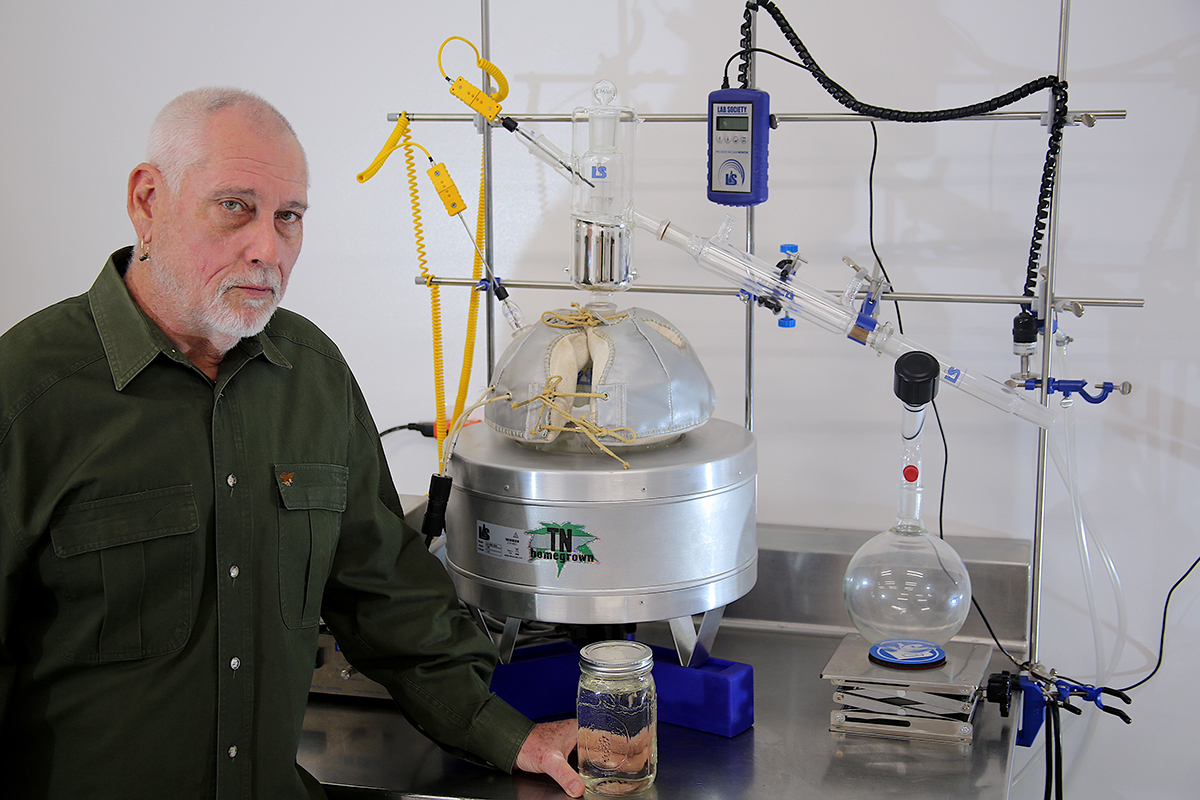Something’s going to give, and soon. That’s the forecast from many cannabis industry observers for federal marijuana reform. The real question is how.
“I think we’ll see some substantial reform before the midterms and certainly before this Congress is out,” predicted Steve Hawkins, executive director of the U.S. Cannabis Council (USCC). He said he was “very optimistic” that there were enough votes in both chambers of Congress to at least pass banking reform. “There’s strong consensus for banking and potentially some other measures—either through appropriations or tax relief.”
If Hawkins is right, at this time next year, marijuana businesses will be operating in an environment substantially different than what exists today. That is, an environment where there should be legal and regulatory consistency—at least to some degree.
What that environment will look like depends on what pathway reform takes. In the following pages, MJBizMagazine explores the three likeliest pathways to reform—and what each one would mean for marijuana business executives:
- An act of Congress.
- Executive decision or rescheduling.
- Legal challenges through the courts.
While each pathway leads to reform, the consequences for cannabis businesses will be significantly different.
Congressional action
Hands-down, the most preferred path to reform is through Congress, where lawmakers have several bills to consider. Some legislation aims at comprehensive reform and goes as far as establishing a taxed and regulated market, while other bills shoot for incremental gains, such as the SAFE Banking Act, which would allow financial institutions to serve state-legal marijuana businesses without fear of federal reprisal.
“This is a question for Congress. It’s a nuanced question of congressional detail. There needs to be a regulatory system set up. There needs to be a taxation structure and a place for where that tax money goes,” said Andrew Freedman, executive director of the Coalition for Cannabis Policy, Education and Regulation in Washington DC.
When it comes to reform through Congress, the preferred result is a comprehensive bill that calls for federal legalization—but many advocates are willing to move in increments.
“The USCC has as its top priority to see comprehensive reform happen in Congress. That said, we recognize that Congress might very well take up various aspects of the cannabis industry and the needs of the industry in steps,” Hawkins said.
Those steps could focus on banking, Section 280E relief and expungement. “It would not be uncommon for Congress to address cannabis like it has other issues, in a step-by-step approach. We certainly are engaged in comprehensive reform but also looking at where there are opportunities for incremental victories,” Hawkins said.
Not all cannabis leaders, however, share Hawkins’ optimism.
“I know our government won’t legalize (through Congress) for some time,” said Albert Gutierrez, CEO of MedPharm, a Colorado company with a U.S. Drug Enforcement Administration license allowing it to conduct cannabis research. “There’s too much tax money involved.”
Courts and rescheduling
Another potential pathway is through the courts. Several legal challenges to the federal government’s cannabis prohibition have failed for various reasons. But some lawyers still believe victory through the justice system is possible.
Stay informed with MJBiz Newsletters
MJBiz’s family of newsletters gives cannabis professionals an edge in this rapidly changing industry.
Featured newsletters:
- MJBizDaily: Business news for cannabis leaders in your inbox each morning
- MJBiz Cultivator: Insights for wholesale cannabis growers & vertically integrated businesses
- MJBizCon Buzz: Behind-the-scenes buzz on everything MJBizCon
- MJBiz Retail + Brand: New products, trends and news for cannabis retailers, distributors and marketers
- Hemp Industry Week: Roundup of news from hemp farming to CBD product manufacturing
- And more!
Other cannabis executives believe reform could happen by rescheduling marijuana as a Schedule 2 drug or even lower. Such a move would require action from numerous federal agencies—most notably the DEA and the U.S. Food and Drug Administration. Both federal agencies have been anything but cannabis-friendly.
But some industry executives believe several factors point to rescheduling happening before congressional reform, including:
U.S. support for cannabis rescheduling at the United Nations.
The DEA awarding a limited number of licenses allowing companies to grow cannabis for federally approved research.
Congressional foot-dragging on cannabis reform.
“The government has indicated by authorizing us and some other folks that they’re trying to start to set up a federal regimen that is compliant with all the rules: the whole DEA rules, the state rules,” said Joe Grzyb, CEO of Groff North America, a cannabis cultivation company in Pennsylvania that holds a DEA grow license. “How what the DEA and FDA have done now merges with the state programs is still a good question.”
Respecting the states
Whatever pathway is taken, reform success will be contingent on federal authorities not overreaching, according to Adam Goers, senior vice president of corporate affairs at New York-based Columbia Care, a multistate cannabis operator.
“It’s the states that have the most rational policy, and it’s the feds that need to catch up,” Goers said. “If the feds think that they’re running in to save the day, they’re ignoring the fact that most states in the country already have a state-licensed medical and or adult-use cannabis operation going.”





